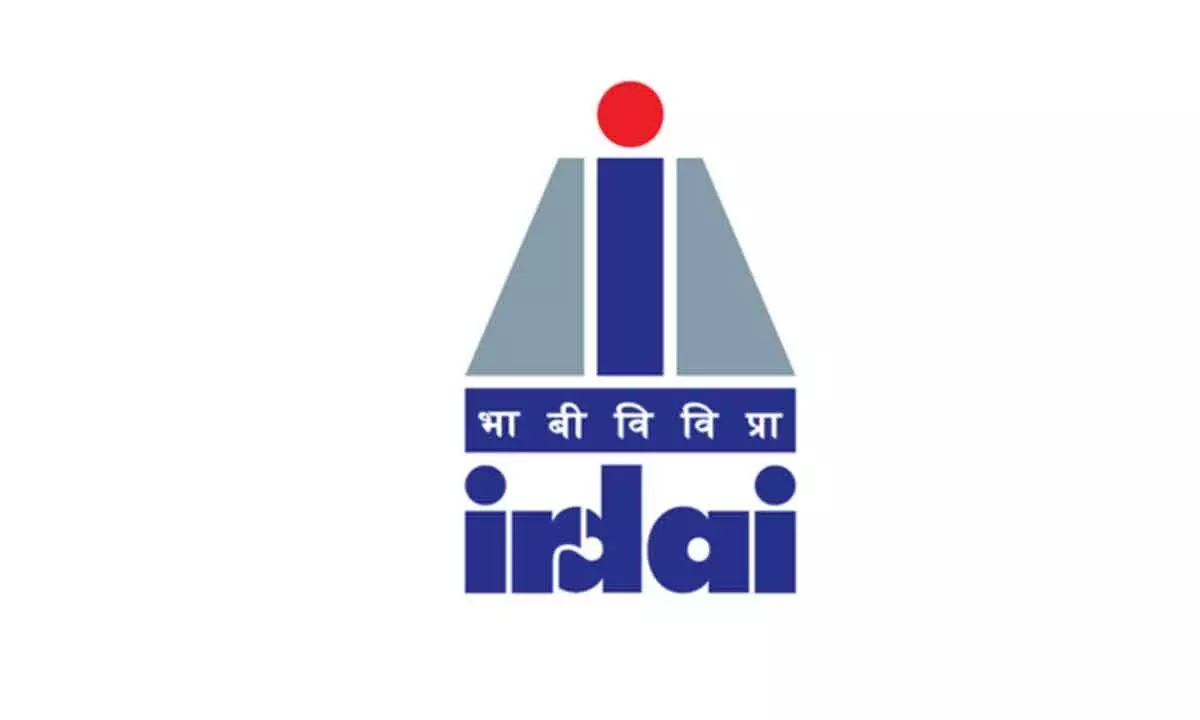IRDAI circular a win-win for both customers and insurance sector
image for illustrative purpose

The recent circular of Insurance Regulatory and Development Authority of India (IRDAI’s) laying down the procedure for an early discharge of patients and diversification of insurance products will go a long way towards enhancing customer satisfaction and improving the health insurance sector’s efficiency. The insurance regulator has stipulated that insurers must grant final authorisation within three hours of receiving a discharge request from the hospital. This is a crucial step towards streamlining the claims settlement process. For dealing with insurance companies or third-party administrators (TPAs)—those who mediate between insurance companies, the insured, and hospitals—is often an agonizing hassle-ridden experience for patients and their families. A survey carried out by Local Circles found: “In several cases cited by policyholders on Local Circles, it took 10-12 hours after the patient was ready for discharge for them to actually get discharged as the health insurance claim was still under process. If the patient stays back at the hospital by another day, the cost of that additional stay will add to family’s burden.”
Hopefully, the IRDAI circular will make the lives of patients and their families better. This, of course, is predicated upon a robust infrastructure and efficient coordination between hospitals, insurers, and regulatory authorities. It necessitates investment on the part of insurers in technology-enabled systems that are capable of processing requests swiftly while adhering to regulatory guidelines.
Simultaneously, hospitals need to maintain accurate records and streamline their communication channels to expedite the transmission of discharge requests. Regulatory oversight can monitor compliance and address lapses, but ultimately it is the stakeholders who have to pull their socks up for effective implementation of IRDAI’s directives. Meanwhile, the industry response to the circular has varied from anodyne to positive. According to Narendra Bharindwal, vice-president, Insurance Brokers Association of India, “Policies must be portable and the underwriting policy should not discriminate against any particular group. The goal is to maintain high standards of customer service, ensuring an environment of trust and transparency in health insurance.” Bajaj Capital Insurance Broking CEO Venkatesh Naidu is upbeat: “This directive aims to reduce the anxiety and financial stress often associated with medical emergencies... This move is particularly beneficial in critical situations where every minute counts. The regulatory body is reinforcing its role as a guardian of policyholder interests and a catalyst for positive change in the sector.”
IRDAI’s emphasis on diversification of insurance products is also a good move. By offering a big bouquet of products customized for different age-groups, regions, occupations and medical conditions, insurers can also grab not just a bigger market share but also increase the size of the market itself. Proliferation of insurance products, however, must follow ethical norms, avoiding wrongful selling and opacity in product offerings. Insurers should come clear on the terms, coverage, and exclusions associated with each policy, in order to enable consumers to make informed decisions. Moreover, regulatory authorities must monitor the market closely to detect any instances of unfair practices or exploitation of the vulnerable segments. On their part, authorities must ensure that the compliance burden does not become too onerous for insurers. They have to strike a balance between the interests of insurers and customers.

